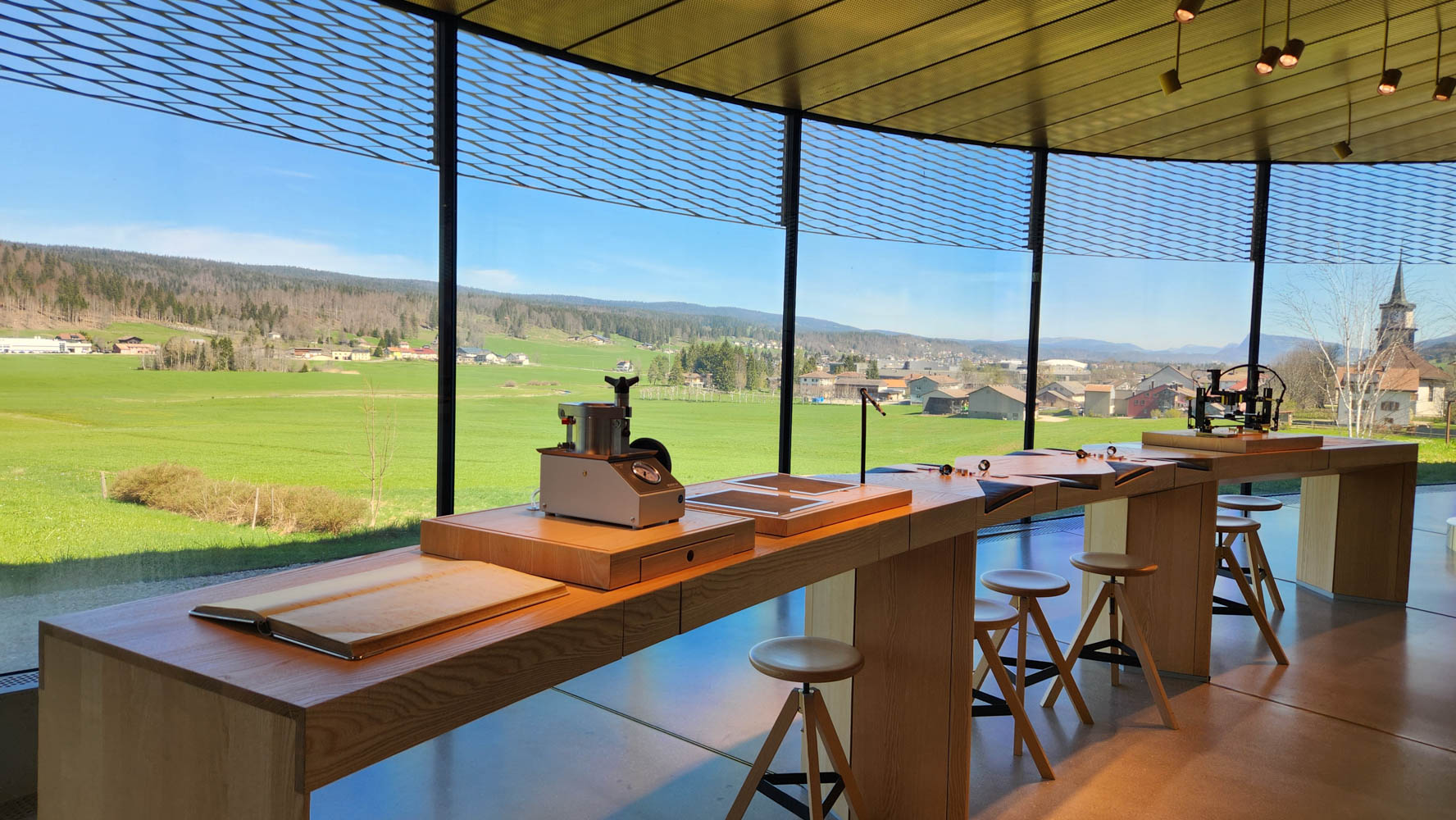While everyone’s been losing their marbles over Audemars Piguet’s latest collaborations with Marvel, John Mayer, and Travis Scott’s Cactus Jack, I had the chance to peel back the layers of hype and dive into the real deal at their Musée Atelier in Le Brassus, nestled in the quiet Swiss Vallée de Joux.
It was a journey back to the roots of watchmaking, away from the sparkle of celebrity endorsements, to a place where time is still taken seriously… at least when it isn’t being auctioned off to the highest bidder.
Fresh off the boat — or rather, out of a three-day whirlwind at Watches & Wonders in Geneva — I was scooped up by Guilleme, Audemars Piguet’s designated driver. The ride? A Porsche Panamera Turbo S Hybrid which, according to Guilleme, is Mr Audemars’ (that’s Olivier Audemars, to those in the know) preferred set of wheels.
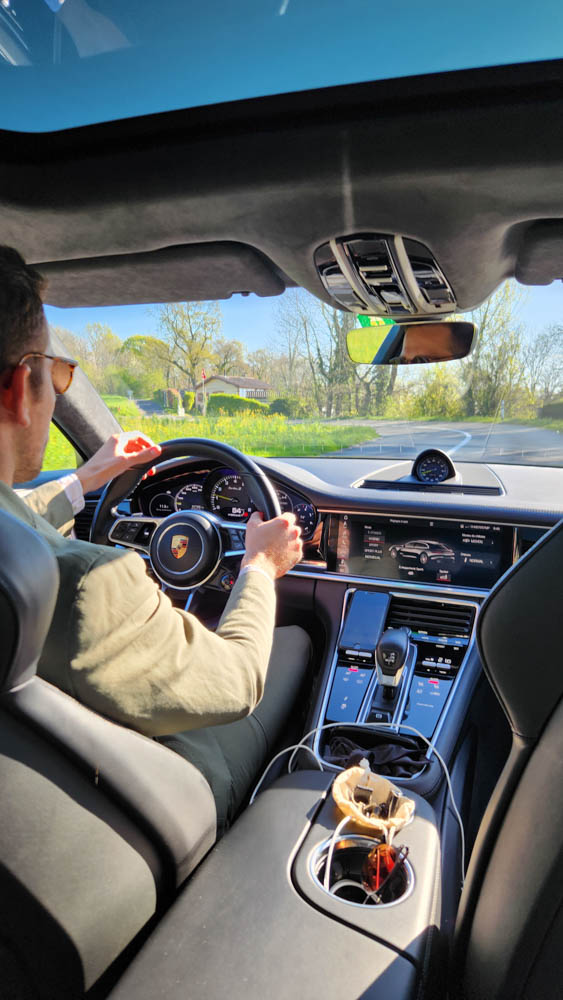
A quick chat about cars in our finest broken English and we were zooming towards the Vallée de Joux, the cradle of haute horlogerie and, quite possibly, a place where cows outnumber people 10 to 1…
Historically, the Vallée isn’t just Audemars Piguet’s playground but also the birthplace of a whole swathe of horological legends including Patek Philippe, Breguet, and LeCoultre.
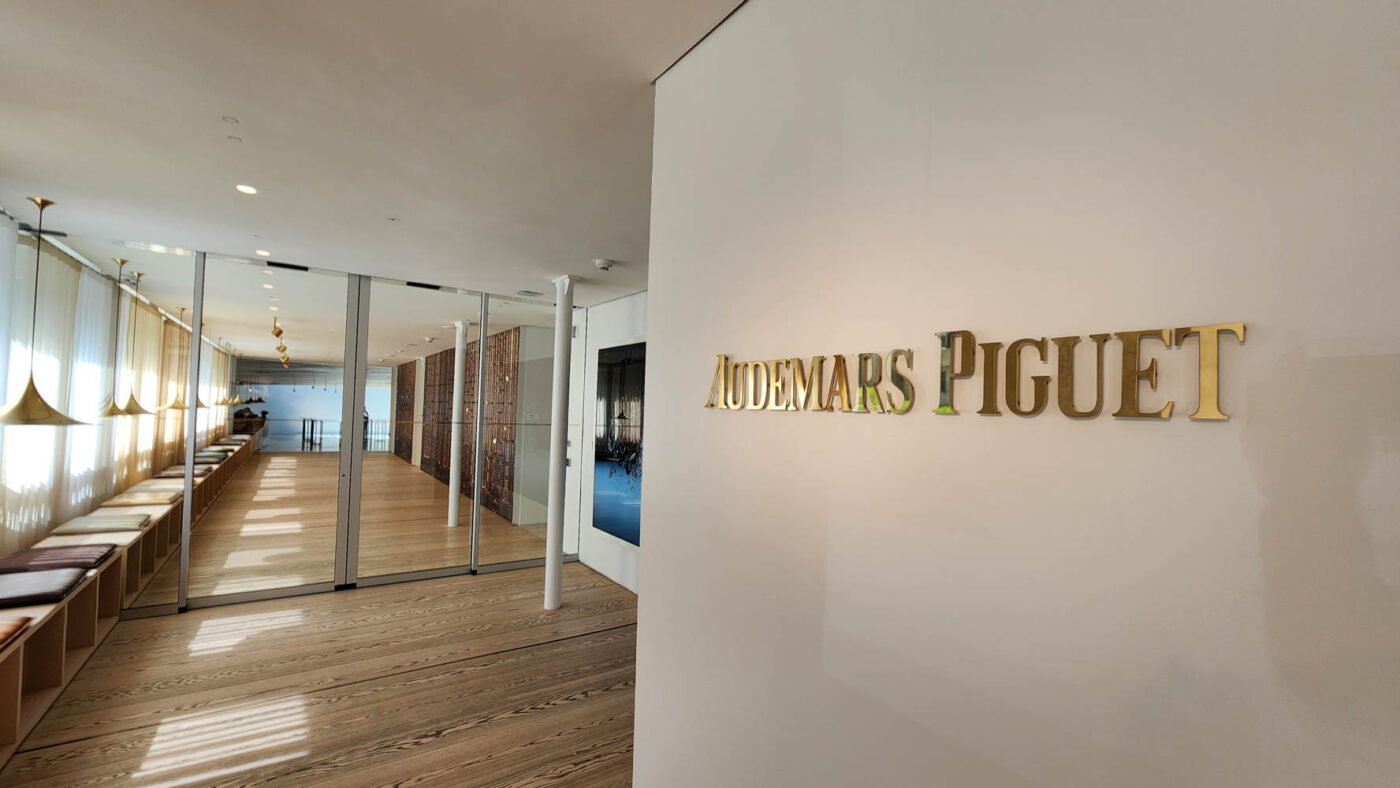
Thanks to a generous dose of forests, rivers, and iron ore, local farmers spent their winters moonlighting as part-time watch component makers. These components would later find their way to Geneva, transforming into pocket watches that, ironically enough, probably never fit comfortably in anyone’s pocket.
Founded in 1875 by Jules Louis Audemars and Edward Auguste Piguet, the company remains a stubbornly family-owned enterprise. Interestingly, it’s now in the hands of two Audemars after a marriage extinguished the Piguet name from today’s family tree; a modern tragedy, but the name lives on through the inimitable brand.
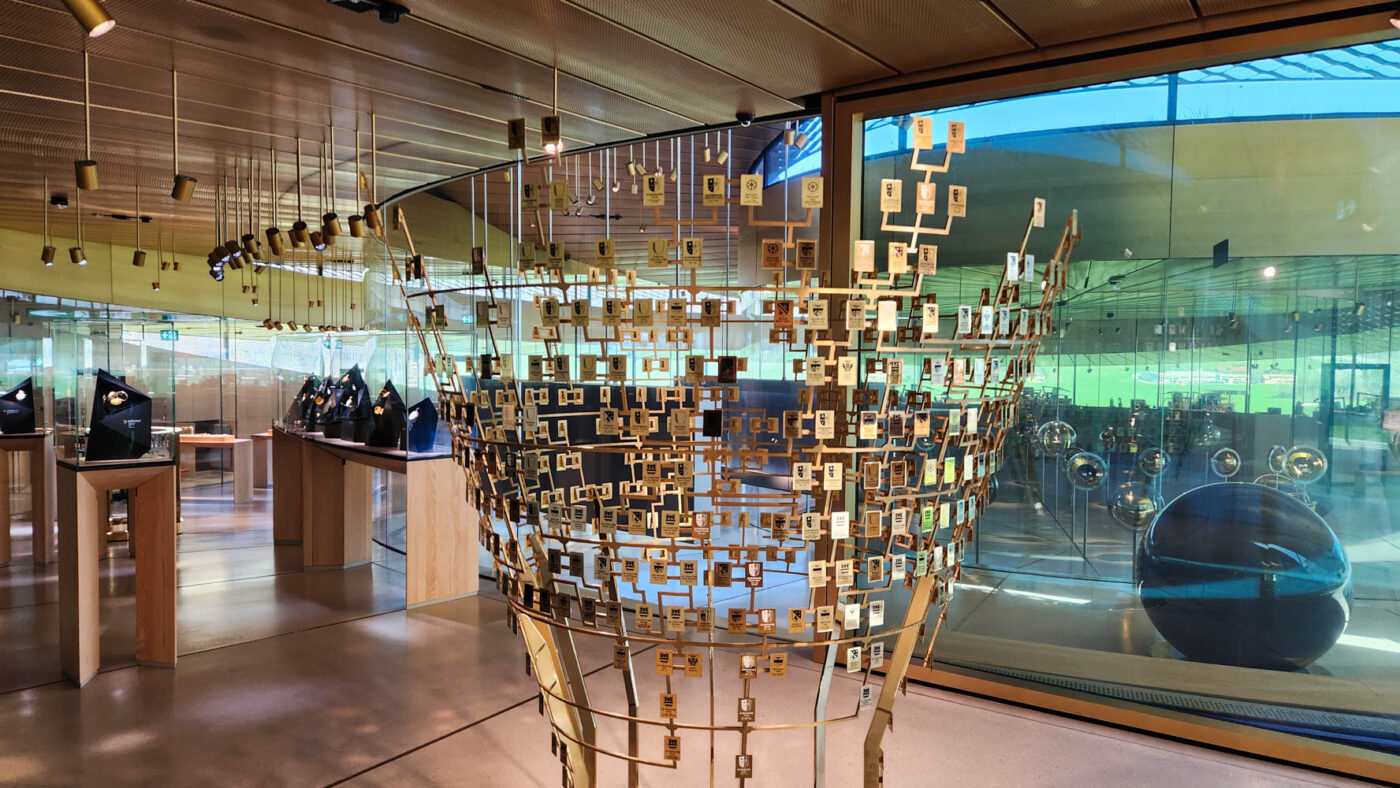
Arriving at headquarters, an Australian flag waved alongside the Swiss, a detail I completely missed at first glance, probably due to sleep deprivation. Later, replaying videos on my phone, I realized that if they hoist a flag for a weary journalist from Down Under, John Mayer probably gets a full-blown mariachi band.
The headquarters and the recently built Musée Atelier — designed by the famed architectural firm BIG — opened in 2022. Both sit impressively in the landscape while the building itself is a feat of modern architecture with 3-inch-thick glass walls offering panoramic views of the valley. Apparently, each is capable of supporting 80 tonnes. Overkill, perhaps, unless you’re expecting endless blizzards in the region.
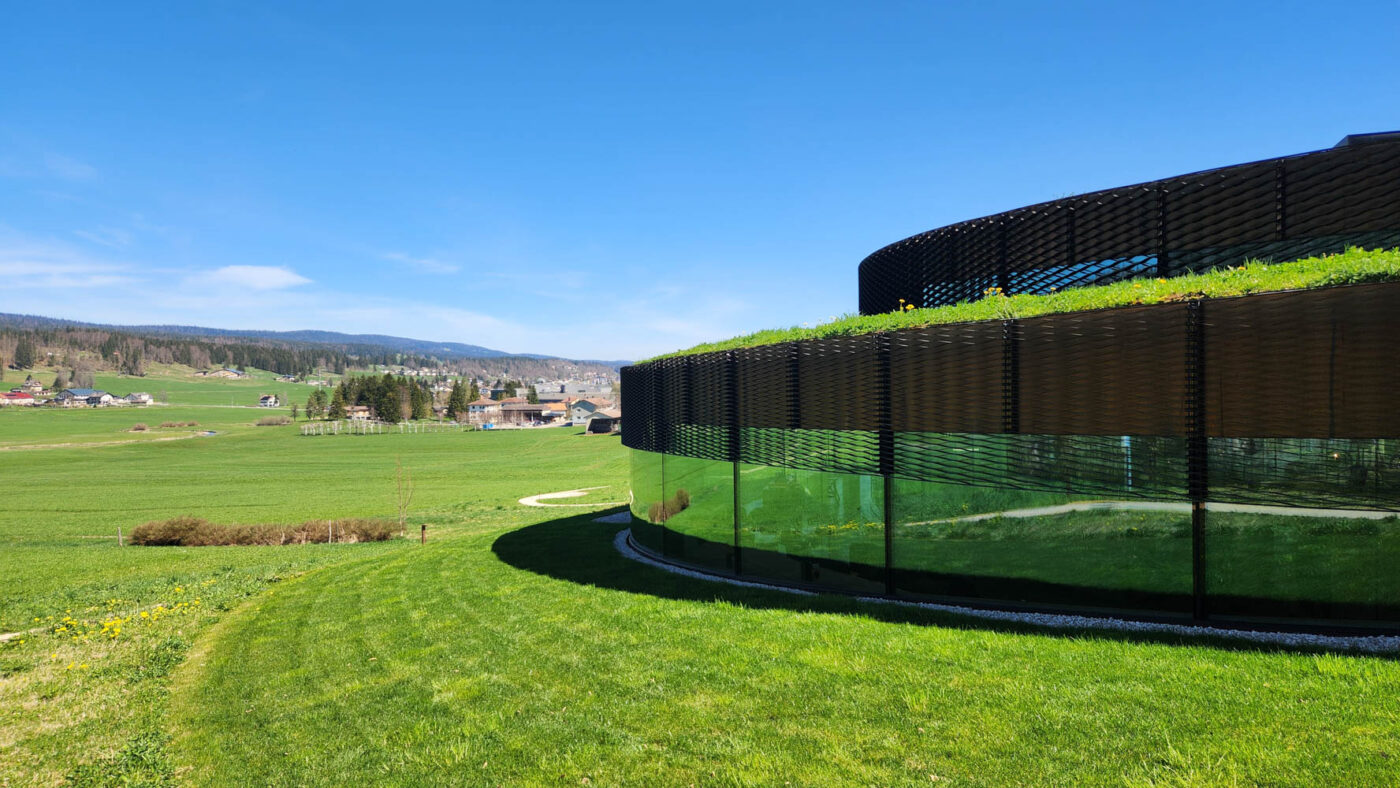
Upon entering, I was met by Laura Marino — AP’s global communications lead — and my guide for the day, Bénédicte, who was decked out in a rather understated Royal Oak. Given that tours are often booked months in advance and typically overrun with press and horology enthusiasts from around the globe, finding it was just Bénédicte and me was a pleasant surprise. Perhaps the rest were lost trying to pronounce ‘Vallée de Joux’…
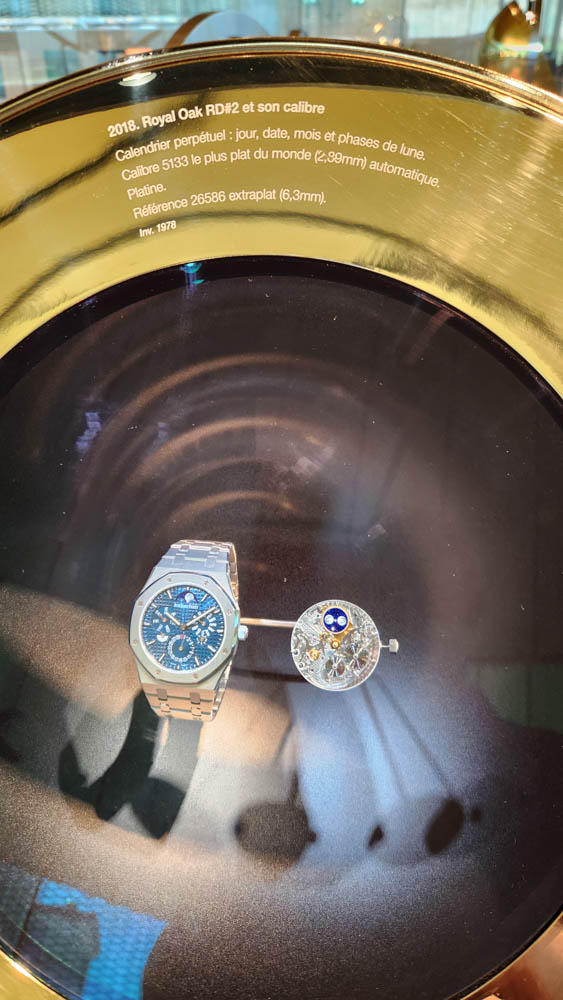
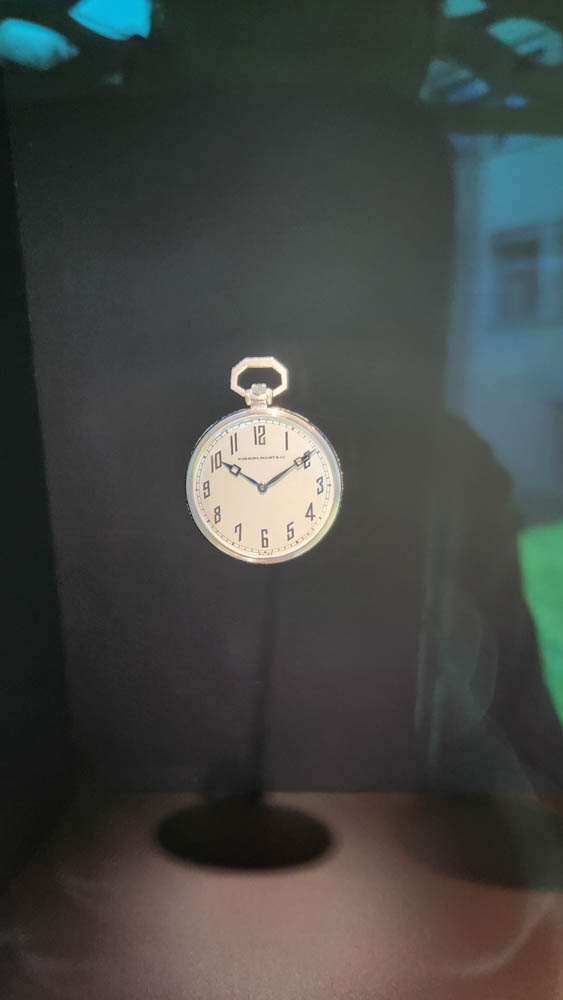
The tour underscored Audemars Piguet’s dedication to high-end watchmaking, a tradition that spans nearly 150 years. Despite the recent CEO shuffle from the charismatic François-Henry Bennahmias — who piloted the brand to an impressive annual revenue of 1.93 billion CHF (US$2.2b/A$3.3b) — to Ilaria Resta, who has steered the ship through economically choppy waters while keeping their commitment and craftsmanship unwavering.
The museum houses around 300 watches, charting more than two centuries of watchmaking. Some of the older timepieces looked as if they’d been zapped in from the future, boasting modern numerals that also seemed photoshopped.
It was here I learned that some pieces had been bought back from owners to become part of the collection, including a one-of-a-kind Black Panther Royal Oak Offshore watch (RIP Chadwick Boseman), currently on loan.
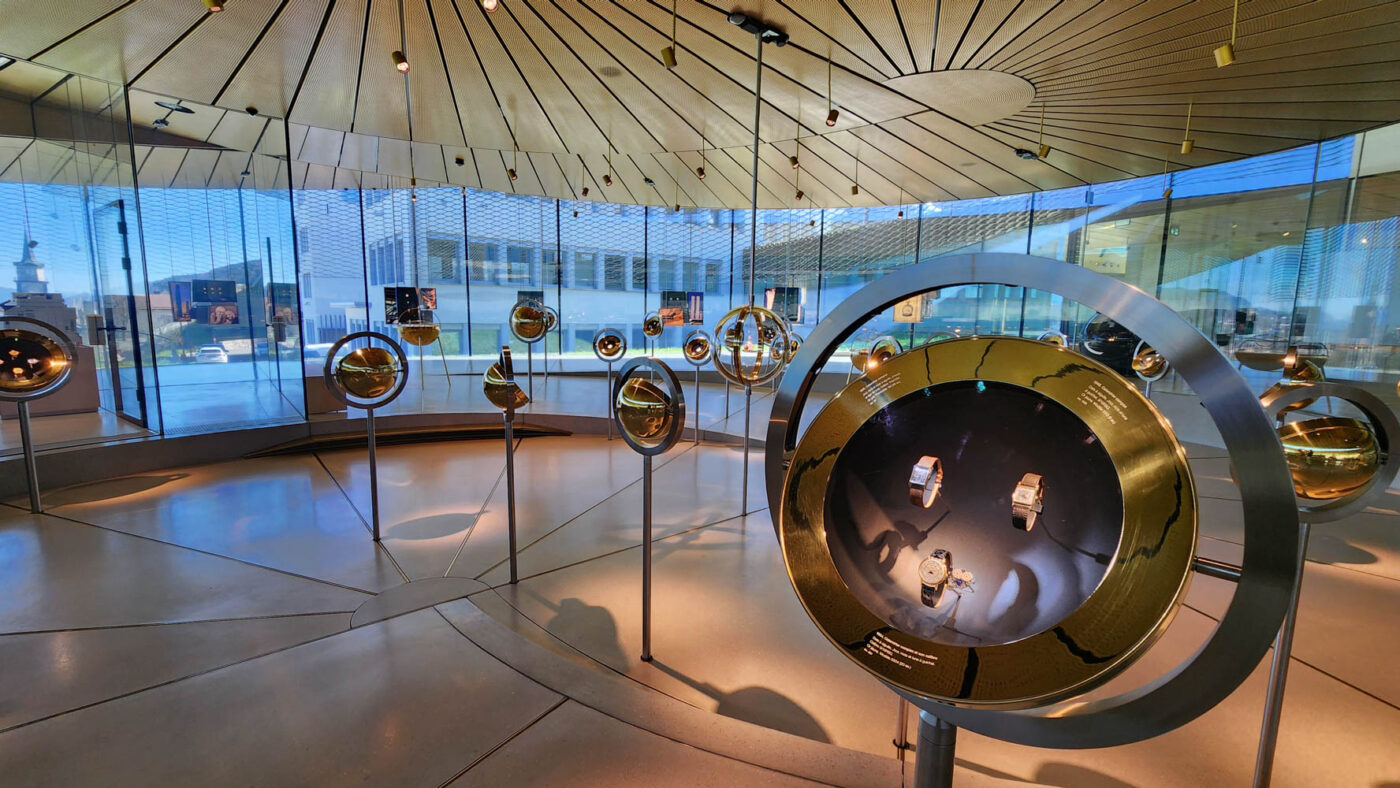
Audemars Piguet’s brand ethos is much like a family; once you’re in, you’re in for life, and their clientele is proud to be part of this 150-year-old saga. It was evident in the shared components I spotted in the collection, like those seen in JLC Reversos, which hinted at a horological camaraderie or perhaps just savvy recycling.
While I was politely asked not to take photos in the watchmaking area (the most mesmerising part of the tour), it did nothing to prevent the memory of watchmakers meticulously crafting their pieces from being etched in my mind. Some timepieces take over 12 months for a single watchmaker to complete, a testament to their dedication to (bordering on obsession with) perfection.
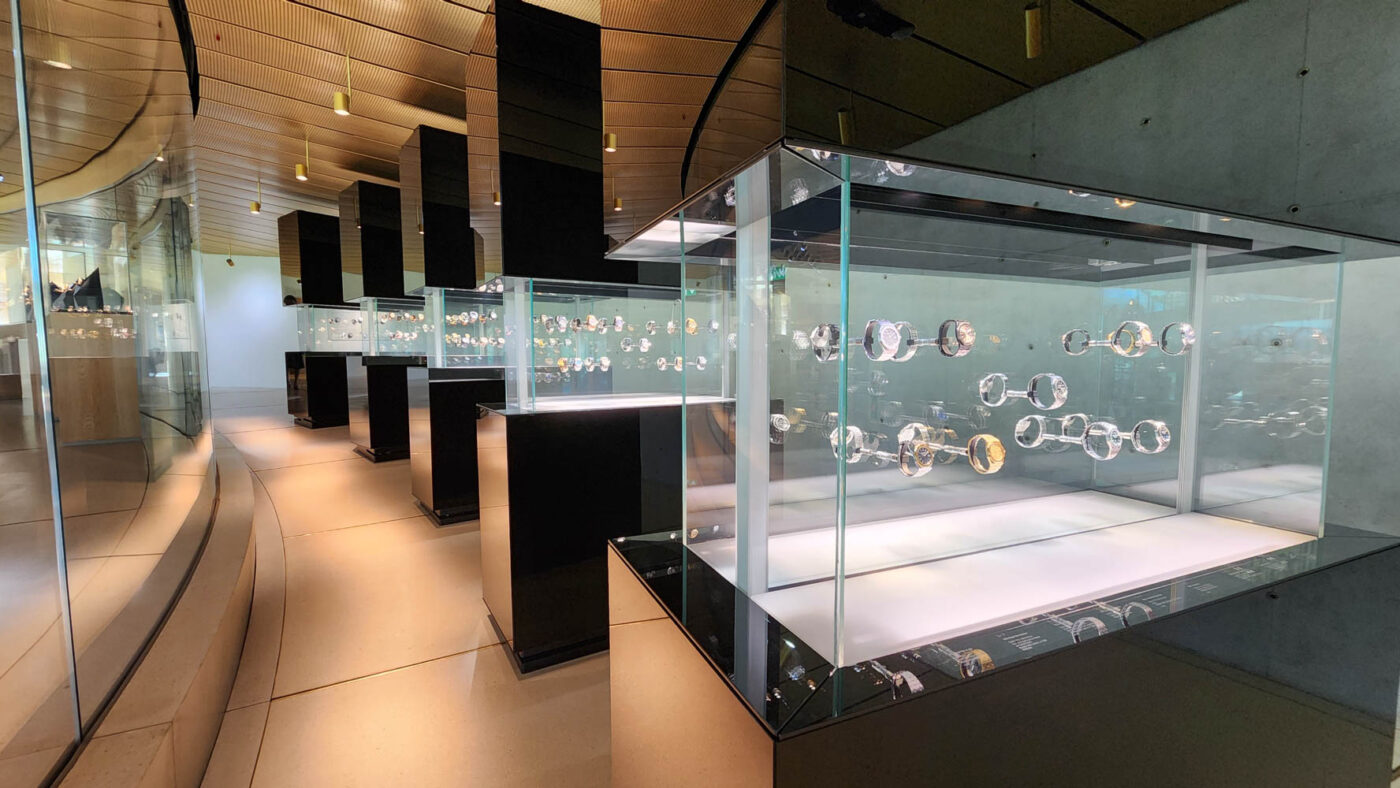
As the tour wrapped up, I couldn’t help but reflect on the convergence of tradition and innovation that Audemars Piguet embodies. The visit was a much-needed reminder that beneath the glitzy collabs and celebrity endorsements lies a steadfast devotion to the centuries-old art of watchmaking.
For those looking to dip their toes in the world of fine watches, or simply escape to a place where time slows down (metaphorically speaking, of course), booking a tour of the Musée Atelier is a must.
Just make sure to do it well in advance — like, nine whole months in advance — to avoid disappointment. And consider brushing up on your French, it might just make the local cows more sociable…
